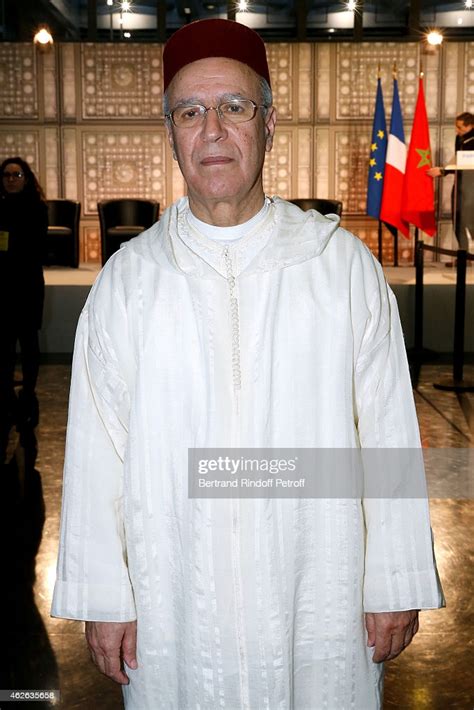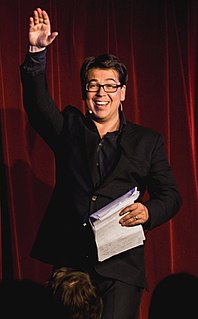A Quote by Joseph Epstein
The decisive moment in the defeat of upper class, capital-S, Society may have come when, in newspapers all over the nation, what used to be call the Society page was replaced by the Style section.
Related Quotes
What I call middle-class society is any society that becomes rigidified in predetermined forms, forbidding all evolution, all gains, all progress, all discovery. I call middle-class a closed society in which life has no taste, in which the air is tainted, in which ideas and men are corrupt. And I think that a man who takes a stand against this death is in a sense a revolutionary.
A dreaded society is not a civilized society. The most progressive and powerful society in the civilized sense, is a society which has recognized its ethos, and come to terms with the past and the present, with religion and science. With modernism and mysticism, with materialism and spirituality; a society free of tension, a society rich in culture. Such a society cannot come with hocus-pocus formulas and with fraud. It has to flow from the depth of a divine search.
My basic position is that the more mixed the society and the more mobility there is in it, the better. That's what makes things interesting. When you get a homogenous society, it's very, very dull, whether that's all working class or all upper class, because everybody thinks the same, everybody looks the same.
I think journalist is a great profession. It's complicated now. People talk about the demise of investigative reporting.Newspapers play an amazing role in our society, and I still think they are important. I'm sorry newspaper circulation is down. Ultimately, the importance of newspapers can't be replaced.
Journalism is a great profession. It's complicated now. People talk about the demise of investigative reporting. I was a judge in some award contest recently, and the stuff that is being done by major newspapers, and local, regional papers around the country, is great. Newspapers play an amazing role in our society, and I still think they are important. I'm sorry newspaper circulation is down. Ultimately, the importance of newspapers can't be replaced.
[T]here are, at bottom, basically two ways to order social affairs, Coercively, through the mechanisms of the state - what we can call political society. And voluntarily, through the private interaction of individuals and associations - what we can call civil society. ... In a civil society, you make the decision. In a political society, someone else does. ... Civil society is based on reason, eloquence, and persuasion, which is to say voluntarism. Political society, on the other hand, is based on force.
The idea that the profits of capital are really the rewards of a just society for the foresight and thrift of those who sacrificed the immediate pleasures of spending in order that society might have productive capital, had a certain validity in the early days of capitalism, when productive enterprise was frequently initiated through capital saved out of modest incomes.
The society of Christendom and especially of Western Christendom up to the explosion, which we call the Reformation, had been a society of owners: a Proprietarial Society. It was one in which there remained strong bonds between one class and another, and in which there was a hierarchy of superior and inferior, but not, in the main, a distinction between a restricted body of possessors and a main body of destitute at the mercy of the possessors, such as our society has become.




































